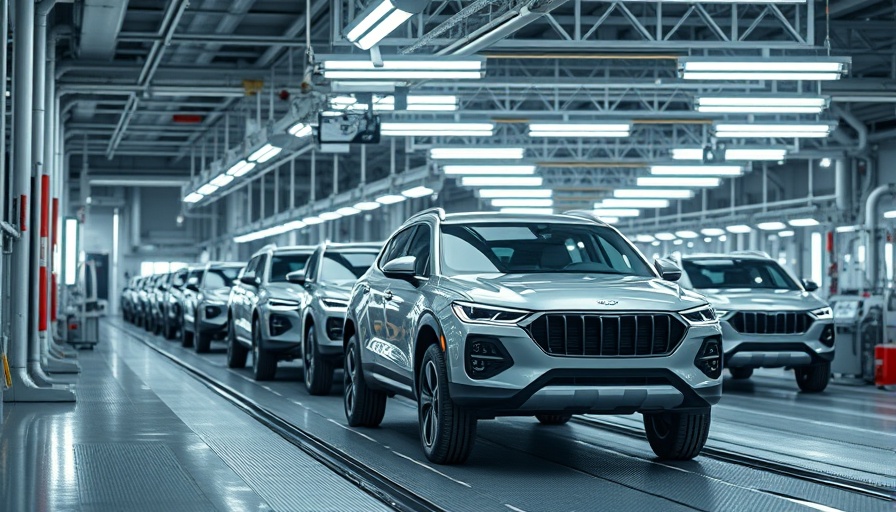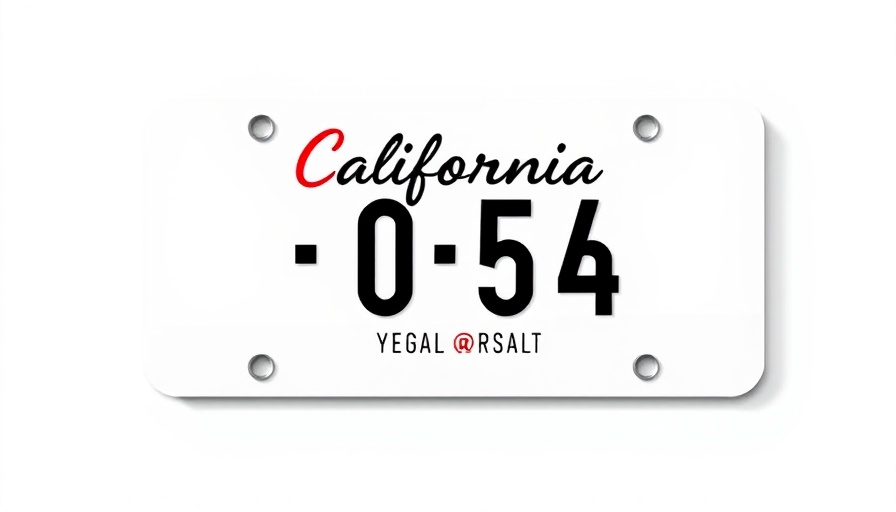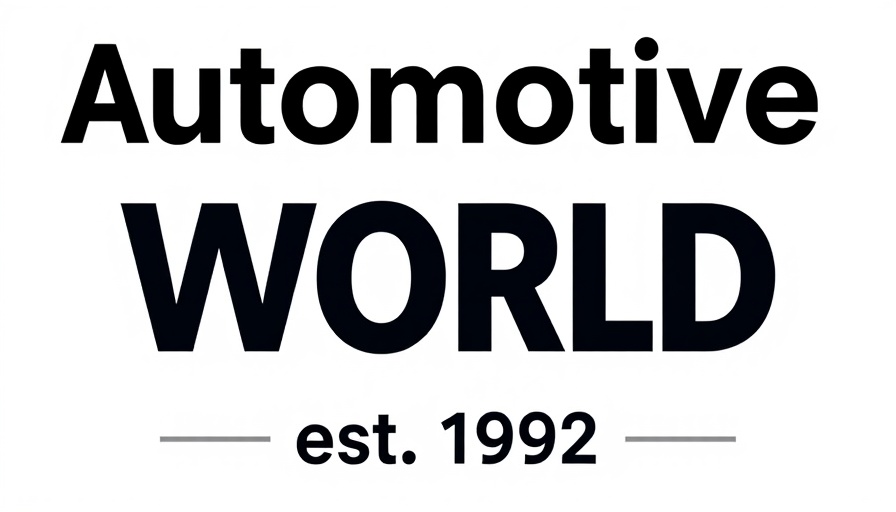
Trade Wars: A Double-Edged Sword
The ongoing trade disputes between China and the United States have escalated tensions that threaten more than just economic relationships. U.S. automakers are particularly feeling the pinch as tariffs on imports from China can often backfire, leading to increased costs that impact their bottom line. The idea of using tariffs as leverage might work in negotiations, but the consequences on both sides can be detrimental.
Why Diplomatic Dialogues Matter
As tensions rise, the importance of diplomatic discussions cannot be overstated. Rather than viewing trade as a battlefield, both nations could benefit from constructive dialogues that focus on mutual growth and benefit. Historical precedents show that countries which engage in dialogue often find pathways to resolve disputes without negatively impacting their citizens and economies. For instance, the U.S. and the European Union have successfully navigated their own trade disputes in the past by emphasizing dialogue over hostility.
The Ripple Effect on Local Dealerships
For dealership principals and GMs, the effects of these trade wars are felt directly. As costs rise, dealers may find it challenging to maintain inventory levels and pricing stability. The potential slowdown in new vehicle sales due to higher tariffs might lead to layoffs and reduced revenue, impacting individuals working at dealerships. Addressing these issues requires awareness of the geopolitical landscape surrounding the automotive industry and how it can influence local business decisions.
Securing Future Trade Relations
Looking ahead, both China and the U.S. must consider the long-term impacts of their trade policies. Educating stakeholders about the implications of tariff policies not only helps prepare for economic shifts but also encourages more thoughtful decision-making. Dealerships might look into diversifying their inventory or forging partnerships with domestic manufacturers as a means of mitigating risks associated with international trade conflicts. By proactively addressing these uncertainties, businesses can turn challenges into opportunities.
A Call for Innovation Amidst Challenges
In times of economic strife, innovation often serves as a lifeline. Companies may want to invest in research and development of new technologies or processes that offer high efficiency at lower costs, thus offsetting the challenges posed by tariffs. Automotive firms that focus on sustainable practices can not only appeal to modern consumers but may also find governmental support in an age that prioritizes green initiatives.
Ultimately, while competition and trade wars may bring forth immediate strife, the automotive industry’s adaptability and resilience can lead to innovative solutions that benefit both consumers and manufacturers. As we navigate these turbulent waters, collaboration and diplomacy will be key to finding fair solutions moving forward.
 Add Row
Add Row  Add
Add 




Write A Comment